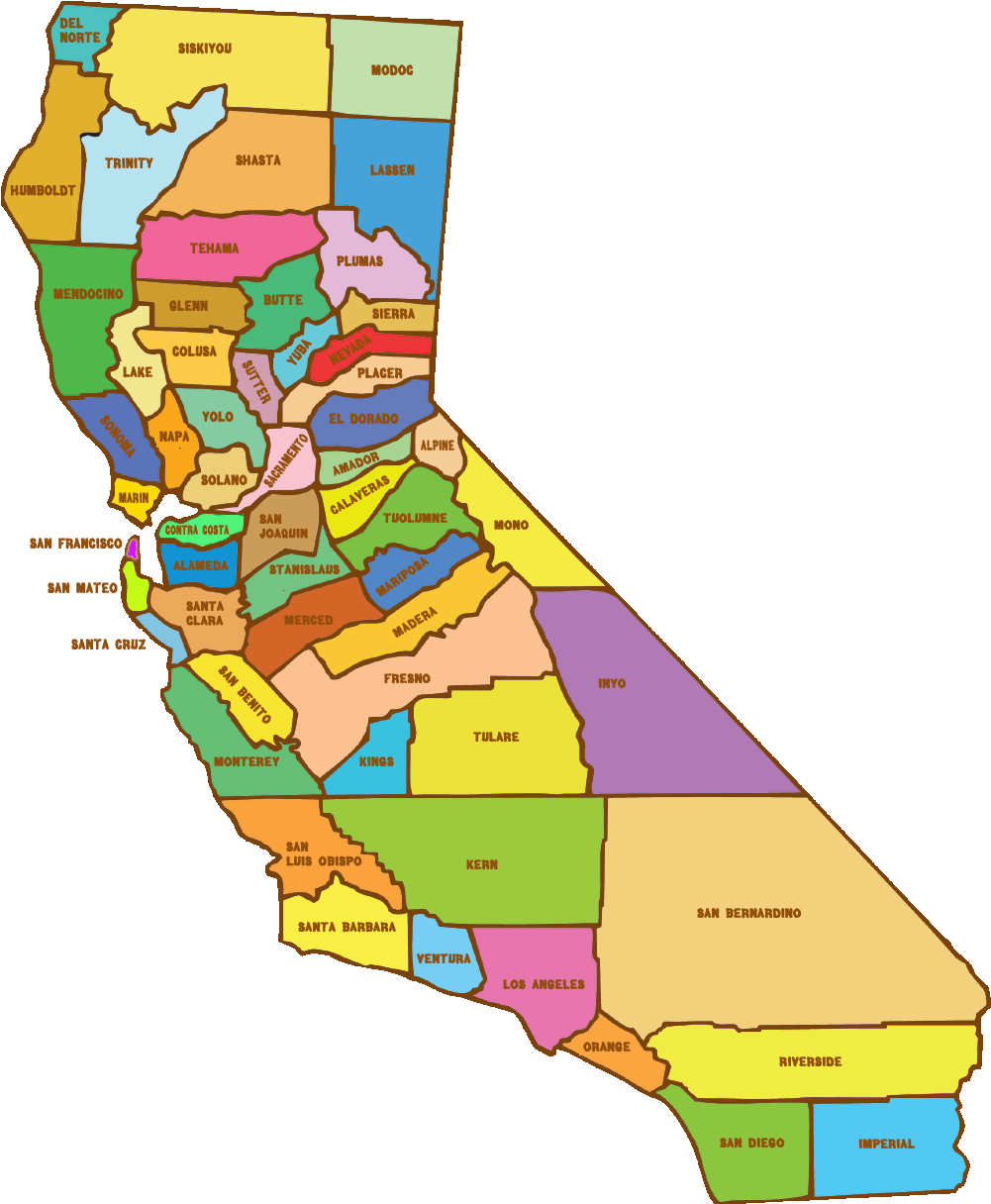

The disclosure shall specify if the verification was not an independent, unannounced audit. Audits of suppliers to evaluate supplier compliance with company standards for trafficking and slavery in supply chains.The disclosure shall specify if the verification was not conducted by a third party. Verification of product supply chains to evaluate and address risks of human trafficking and slavery.HanesBrands is required to inform the public as to how it has addressed the following issues: MSA and California Transparency in Supply Chains of 2010 are collectively referred to as “HanesBrands.” and each of its subsidiaries subject to the U.K. For the purposes of this statement, Hanesbrands Inc.

MSA and California Transparency in Supply Chains Act of 2010. Hanesbrands Inc., as a parent company, issues this statement on behalf of itself and each of its subsidiaries that are subject to the U.K. The purpose is to allow consumers to make better and more informed decisions about the products they buy and the companies they support.
TRANSPARENT CALIFORNIA CODE
Jacklin Rad is an attorney with Jackson Lewis in Los Angeles.As of January 1, 2012, California’s Civil Code section 1714.43 (California Transparency in Supply Chains Act of 2010) requires manufacturers and retailers to provide website information concerning their efforts to address the issues of forced labor, slavery, and human trafficking within the supply chain. Patrick is an attorney with Jackson Lewis in Denver.

But it's certainly one California employers will want to watch. To be clear, this bill was just introduced and has a long journey to become law. Shift the due date to the "second Wednesday of May" beginning in 2023.Require the state "publish each private employer's pay data report … on an internet website available to the public" but not any individually identifiable information that is associated with a specific person.Require employers to disclose the specific median (middle) and average hourly rate of pay for employees within each job category, race, ethnicity, and sex combination (to top of the current disclosures).Impose a monetary penalty for not filing the report the first time of more than $100 per employee, and of not more than $200 per employee for any subsequent failure to file the report.For example, it would:Įxpand the pay data reporting obligation to include "employees hired through" a third-party that supplies workers to perform labor within the reporting employer's usual course of business-and disclose the "ownership names of all labor contractors used to supply employees." Employers submitted their first reports in March 2021.īut SB 1162 proposes a few key changes to this still-new requirement. Bureau of Labor Statistics Occupational Employment Statistics classifications. That law requires employers with 100 or more employees to provide the number of employees by race, ethnicity, and sex in each of the 10 EEO-1 Job Categories (following the EEO-1 Instruction Booklet) and within each of the "pay bands" used by the U.S. In September 2020, California passed the nation's first state-level pay data reporting obligation. Colorado created this requirement through rule making and sub-regulatory guidance. The bill expressly requires that these promotional notices include the pay scale for the position. It is unclear if California intends this law to reach jobs beyond its state boundary like Colorado.Īnd like Colorado, the California law would require "n employer announce, post, publish, or otherwise make known any opportunity for promotion … to all current employees on the same calendar day and prior to making a promotion decision." But California goes farther. Like Colorado, it would require pay scales to be included in each job posting. In short, California's draft law largely mirrors Colorado's approach. It also requires written notice to Colorado employees before it decides to hire, change the job title, or change the job duties, authorities, or opportunities of any employee. It requires employers include pay and benefits disclosures in job postings- including for remote roles. Others require disclosure proactively.Ĭolorado's pay transparency law is currently the most aggressive. Some new pay transparency laws require disclosure to applicants. Since then, state after state have passed their own pay transparency requirements. It requires California employers to provide external applicants the "pay scale" for a job they are applying to "upon reasonable request." At the time, this was cutting edge. 17, the California Senate introduced SB 1162. The draft California law enhances two common state law pay transparency strategies: proactive wage range disclosure and pay data reporting.Ĭalifornia was the first state in the nation to pass a mandatory pay transparency statue.


 0 kommentar(er)
0 kommentar(er)
